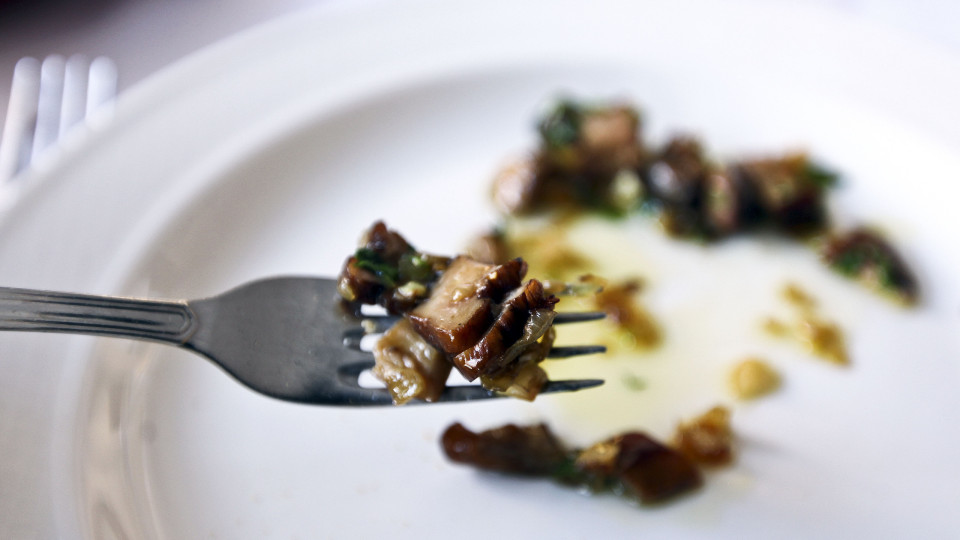More than 1,500 nutritionists debate equity in access to food
More than 1,500 nutritionists will gather on May 16 and 17 in Lisbon to discuss food literacy and the promotion of equity in access to food, says the Portuguese Nutrition Association (APN).

© Lusa

País Nutricionistas
In statements to Lusa, the president of the APN, Célia Craveiro, highlighted that "the aging of the population and increasingly marked migratory flows have significant impacts on guaranteeing a healthy diet", partly because the population lives longer and because migratory flows cause "a greater overload" in food production for a large number of people in certain territories.
The specialist considered that these constraints cause "an increase in the amount of food waste", which in itself also has "a high [ecological] footprint".
Célia Craveiro therefore defended that "nutrition must be inclusive", in other words, it must be designed "for each person or population group", guaranteeing "better access to more balanced and sustainable foods".
On the other hand, she stressed that "eating in a balanced way does not have to be more expensive".
The president of the APN explained that "it all depends on how we plan and manage our diet and what foods we select to include in our daily diet", considering that if the population masters these two axes of food literacy, they will be able to "save on food purchases and have a diet with nutritional quality and sustainability".
Questioned about the tendency of the Portuguese to spend more money on less healthy options, Célia Craveiro acknowledged that "it is very important to invest in promoting food literacy among the population", in order to invert the current paradigm.
In her view, nutritional education "must start at home", but schools can also "be a good aid" in promoting food literacy in children and young people.
Questioned about the choice of some families to buy certain meals instead of cooking them, Célia Craveiro acknowledged that "cooking involves time, dedication and planning" and that, currently, there is "not always" availability.
"This offer can become less sustainable, insofar as it involves packaging not used when we cook at home and because it becomes a more expensive meal", she said.
However, Célia Craveiro admitted that "in the context of some people who may not have time, conditions and even knowledge", these ready-made meal options "can have a place".
The specialist considers that, in the Portuguese people's access to healthy food, there has been "a gradual distancing from food solutions that may be more economical", giving the example of legumes.
"The Portuguese have a residual daily consumption of this type of food, which is quite economical, especially when bought dry and in bulk and which has excellent nutritional potential for our daily diet", she stresses.
One of the themes that will be debated at the congress will be the inclusive nutrition of immigrants who arrive in Portugal.
"There is an immersion of migrants in the culture of the country for which it is also important to promote healthy eating among them, but it will also be necessary to respect, as far as possible, their gastronomic cultures", she stressed.
Célia Craveiro also said that infant feeding, which often represents a huge financial effort for families, will be one of the issues to be debated at the congress.
"It is important to promote increased food knowledge among parents, which is achieved with closer monitoring by nutritionists of children throughout their lives", she said.
Leia Também: Vai um copo deste elixir dourado repleto de benefícios para a saúde? (Portuguese version)

Descarregue a nossa App gratuita.
Oitavo ano consecutivo Escolha do Consumidor para Imprensa Online e eleito o produto do ano 2024.
* Estudo da e Netsonda, nov. e dez. 2023 produtodoano- pt.com



